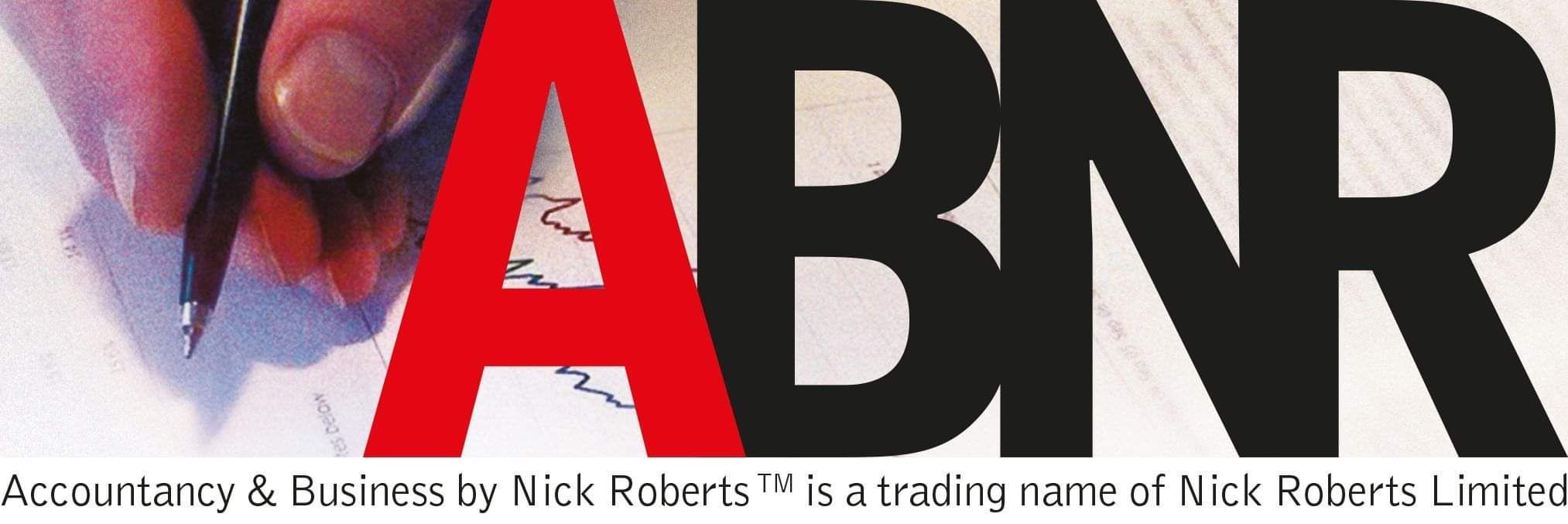I’ve said this before (and no doubt I’ll say it again) but I’m always surprised at the lack of simple systems utilised in owner-managed businesses. Using the word “systems” can be off-putting because people immediately think it’s going to be too complex, too costly or too time consuming but a system can be very, very simple. For example, it could be a referral system whereby:
- A new customer or client is always asked where they heard about the business and recorded on a register of referrals or similar.
- Recognition is then given to the referrer, whether a thank you card, or ‘phone call or a letter prepared from a template.
- If appropriate, a reward is then given to the referrer, whether a small gift, lunch or a return referral.
Getting new business can be pretty easy right?
Or it could be a system to ensure new customers are checked out first with trade references or they sign your terms of trade or a personal guarantee. It’s so common to pay a lawyer thousands of dollars to prepare a complicated terms of trade document but then never ensure all new customers sign them – typically these are sent out but never returned. And which customers then go bust? Yes, the ones that didn’t return them! Or it could be a system to ensure references or Police checks are taken on ALL new employees. Wearing my consultant’s hat I recently reviewed the systems of a large manager-run organisation with about 25 employees a lot of whom were handling cash. To the owner’s horror I found that not one employee had been checked out first! No wonder they were losing cash from employee theft!
Using systems makes a huge difference to the way a business operates, as then:
- Things are done the same way each and every time meaning that the overall level of service to customers or clients is consistently high.
- It saves time as you don’t have to think about how to carry out a particular task, as you just do it the way you always do. Saving time means reducing your costs or getting more work done and thereby increasing efficiency.
- For some businesses it means a reduction of labour costs as they can employ cheaper, less skilled staff.
- A good system becomes habit forming, especially for staff, which means things get done the right way, first time, every time.
- It “moulds” the culture of your business to a mindset of “this is way we do things around here” not just any old way that comes into mind at the time, ignoring the needs of the business and the customers.
So how do you go about introducing systems?
You need to look at each and every part of your business and then systemise all the different processes and procedures, looking at Human Resources, Operations, Marketing, Management and Reporting in turn. The weapons in your Systems armoury should include:
- Checklists. I could write a separate artiicle on checklists alone, they are absolutely invaluable in all parts of any business, whether for up-selling, quality, or for saving our lives in the Airline business!
- Scripts. Again invaluable, whether for answering the telephone, selling or dealing with complaints.
- Excellent business records, whether for financial, quality, or on the operations side of the business. You need to what happened, when, how and why, to stop the bad things happening again!
- Templates and forms. All businesses should have templates or standard letters or documents, or pre-prepared forms.
- Operations or procedural manuals. Yes, these take time to prepare but will pay off handsomely.
- A follow-up system. This can be very simple, just for example using an additional copy (perhaps in a bright uniform colour) of every outgoing quote, contract requiring a signature or anything which requires the recipient to take action. File these separately and then go through them regularly to see who needs chasing up.
If you still don’t know how to start there are truly excellent Internal Control and Systems checklists available which are detailed and comprehensive enough to cover virtually all parts of your business. These are available from many trade or professional associations, commercial publishers or any good accountant. Just work your way through, correcting any deficiencies as you go and documenting your procedures and processes as you go, noting any required checklists and templates etc.
So come on business owners, for goodness’ sake get the basics right in your business before you try and expand, open a new branch or look at strategic planning or exporting or start anything grand. Get in touch today, and let's start.


